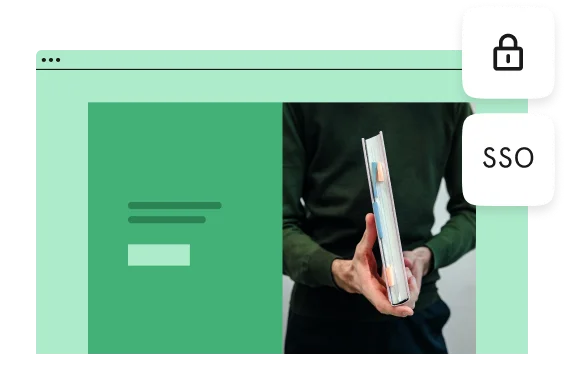How’s work?
With a huge portion of the global workforce now telecommuting, there have been hurriedly compiled work from home statistics being bandied about all over the Internet since earlier this year.
“Hello I am the best”
At Typeform we wanted to get a closer look at the effects of remote working, and compile some remote working statistics of our own.
At least, that was our original intention.
And we did get lots of interesting information. We surveyed over 2000 workers (on a typeform, naturally), with respondents a mix of employees and CEOs/founders.
81% of employees working remotely said their productivity increased or stayed the same. Also, surprisingly, the most popular reason for increased productivity was fewer distractions. So it seems that your needy dog and noisy children are still less distracting than your needy and noisy colleagues in the office!
But we also had an accidental, unintentional finding.
CEOs and founders were extremely reticent. Bear in mind that our survey was completely anonymous, and sent to people around the world, across industries. The only thing they had in common was being on our mailing list.
But as you’ll see in the infographic below, CEOs frequently declined to answer questions, at rates of often over 40% per question. 60% declined to answer questions about their own productivity while working remotely and 61% retained a stony silence on the benefits of remote work.
Now, our data only shows us the questions on which CEOs and founders kept schtum, not why.
Could it be that CEOs just couldn’t be bothered to answer all the questions in a survey (but still wanted a chance at winning an iPhone or iPad, as that was our incentive for completing the survey—it’s ok, we’ve all been there)?
But times have been hard, and we’ve all been impacted in some way or other. Maybe many of us just weren’t ready to answer some of those questions at the time the survey was sent out—that’s why we made all questions optional.






